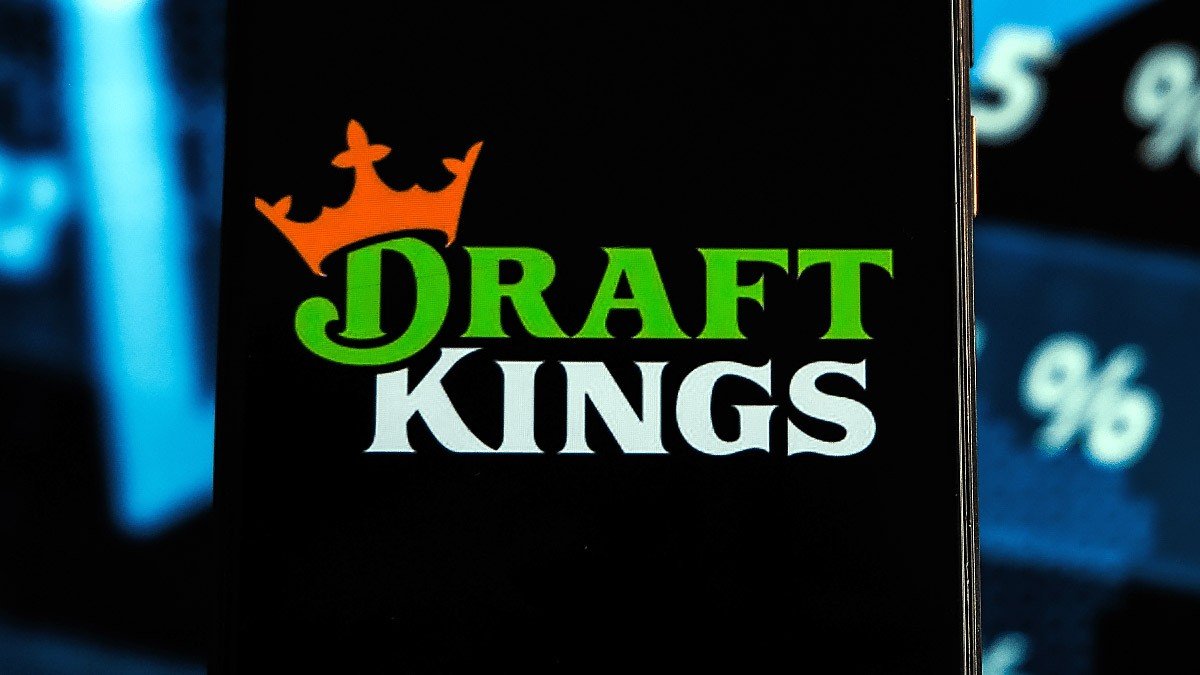DraftKings CEO hopes for a 2023 launch in California, finds iGaming now "all about profitability" and targets national advertising

Jason Robins, CEO of sports betting giant DraftKings, said California could potentially launch a legal sports gaming market in 2023 should a company-backed ballot referendum pass in November. Additionally, the executive discussed acquisition costs, illegal gambling and profitability during the Goldman Sachs Travel and Leisure Conference on Monday.
Robins described California as one of the largest states DraftKings expects to join a legal gaming framework, representing about 12.5% of the population. “If we just got that one, we'd be near 60%, we'd be 58.5%, 65% has been our long-term target,” the executive commented. “So really important.”
DraftKings is part of an industry coalition behind and supportive of a referendum set to run on the November ballot. The gaming interests behind the legalization push have recently announced that they had enough signatures to qualify, which Robins described as “a huge milestone.”

“That's pretty exciting. And I think if we're able to pass in November, we could potentially be looking at a 2023 launch, hopefully ahead of NFL for California,” the CEO commented. “Really great bill too. The tax rate, everything is set in a very reasonable way because you can actually write the whole piece of legislation on the ballot, which is nice.”
Other “big states” that are an area of focus for the company also include Texas, which Robins expects will “at least consider” legalization in their upcoming legislative session. But the DraftKings’ boss also named North Carolina as a mid-size state that could potentially launch, and said Georgia, another mid-size market, could hopefully “come in a future year as well.”
In regards to Canada’s recently launched market in Ontario, Robins justified DraftKings’ decision to not go live on day 1, instead opting to enter the jurisdiction about a month after its competitors.
“The reason is [...] Ontario was not like a new state. It was not, ‘hey, everybody starting from the same place,’ and first-mover advantage is really important,” he explained. “Ontario had an illegal - or I guess, gray market [...] for many, many years. And there was no ‘penalty box.’ So those operators just got licensed and continued operating.”
State of the industry
Elsewhere in the fireside session, Robins also discussed the iGaming and sports betting industry at large, stating the overall market has “changed a lot.” While market share used to be the most frequently discussed issue, he said “now it’s all about profitability,” with the industry focusing more on this specific factor.
“What works for us well there is, we haven't really changed our playbook and we think our playbook actually thrives in this type of environment,” the CEO commented, while seemingly taking shots at rival companies with aggressive tactics. “We've stayed disciplined even when there were some, I would say, undisciplined behaviors happening with competitors.”
For Robins, there is “a lot of momentum behind the industry and states,” and described the ramp-up of new states as having gotten “a lot faster.” However, the executive warned about black market gambling, echoing a similar sentiment FanDuel’s CEO shared last month when she described illegal gaming as a threat to sports betting despite its new "mainstream" status.
FanDuel's CEO Amy Howe
“The other thing that's interesting that I think could affect this market a little differently is that there is still a pretty prevalent illegal market,” Robins said at one point of his keynote session. “Some of the biggest bettors are still pushing their action offshore.”
But on a positive note, as legal sports betting now reaches a higher share of the population, companies can now shift towards national advertising. This, according to DraftKings’ CEO “will be more efficient” because it implies a lower cost per impression. And with legal wagering set to reach an even larger share of the population, “it should be a continued tailwind.”
“We'll still obviously heavy up locally in states when we launch, but you don't need to do entire local plans the way it was before,” Robins explained. “When we launched in New Jersey it was entirely local-focused. Now so much of our advertising spend is shifting towards national.”
DraftKings' plans
The executive described DraftKings as in “the best position we’ve been in really since sports betting started in the U.S.” and described the company as focusing on efficiencies “more than we have been.” On the product side, and having undertaken the largest tech project yet by migrating to an in-house platform, Robins said the company could now do “a lot of the things” it couldn’t before because of technology constraints that it had.
But in addition to its traditional product, Robins said another big focus area is continuing to make sure that some new verticals DraftKings has invested in, such as its NFT marketplace, “get the right amount of attention,” and explained the company has “great plans” there.

Additionally, the executive reflected on the recently completed Golden Nugget Online Gaming acquisition. Robins believes GNOG is reaching a different segment -more female SKU, more slots players, older average age- and that DraftKings could acquire that user base through the same types of marketing programs run on the DraftKings brand but on Golden Nugget “for less cost and more efficiently.”
While the company has already made significant progress in its integration from a people standpoint, allocating roles in the right parts of the expanded company, the second big integration point is technology, which Robins said could take “a little longer” as DraftKings seeks to migrate all of Golden Nugget’s tech stack onto its own proprietary platforms, a move set to generate incremental revenue and retention, as well as saving money.
















































